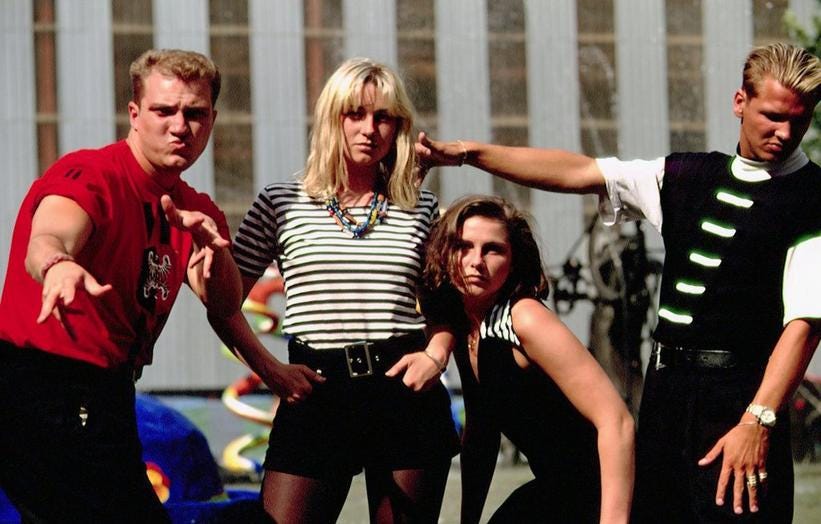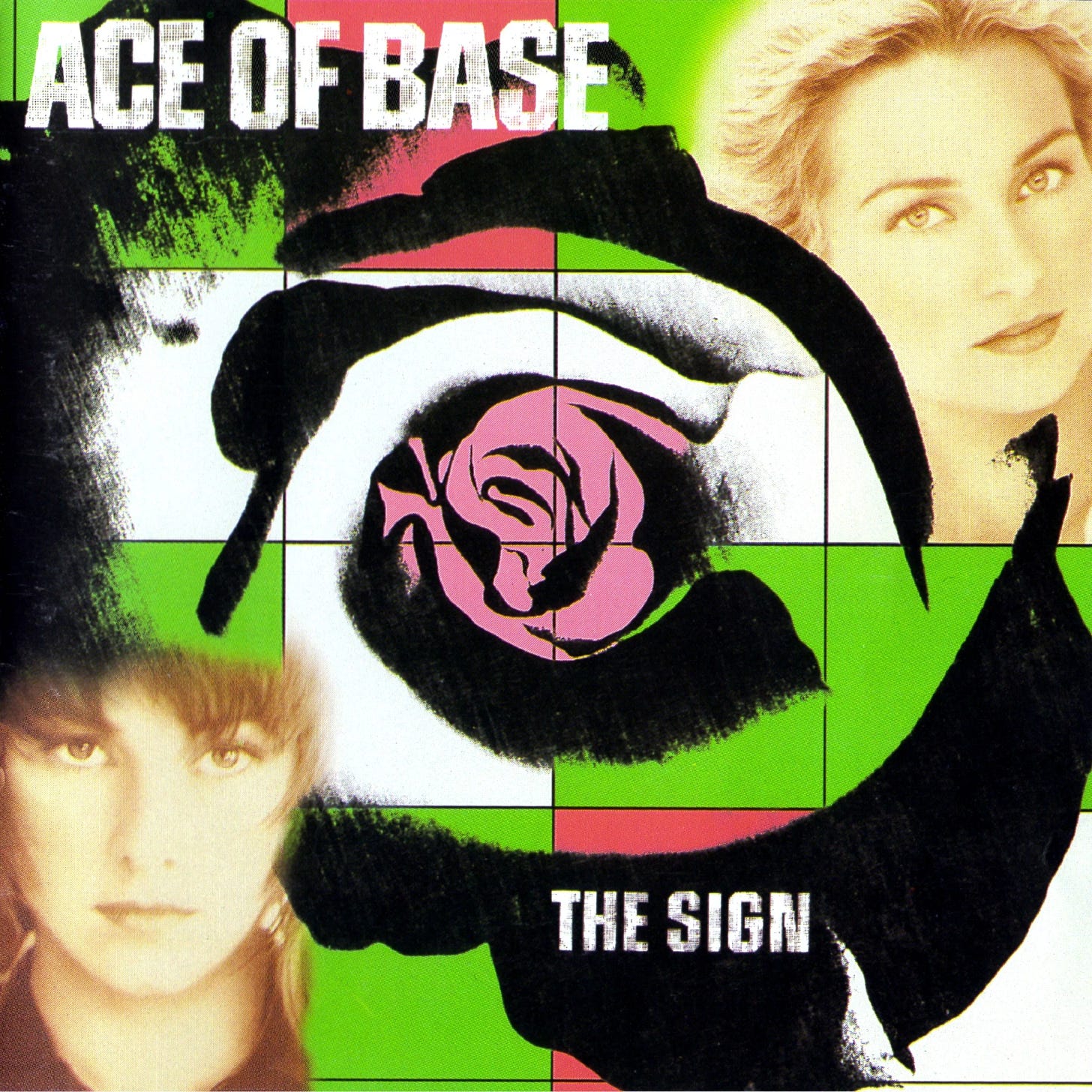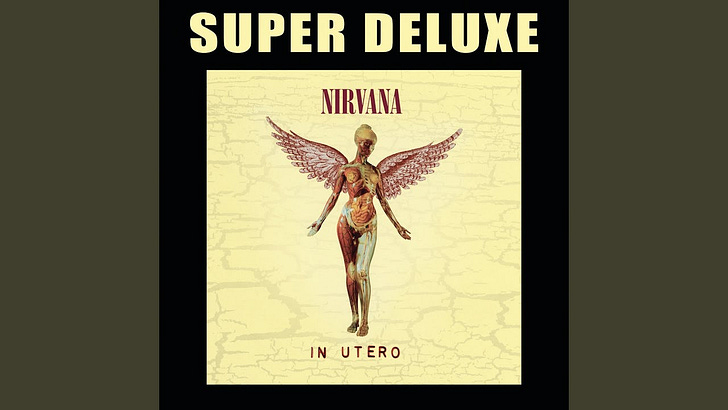Think of a ubiquitous song, an eternal song. The kind of song you might hear in a bar in Shinjuku or a wedding in Topanga Canyon, and nearly everyone knows the words—and not a few have begun belting them out. Michael Jackson’s “Billie Jean.” Queen’s “We Will Rock You.” Madonna’s “Like A Virgin.” At the highest reaches of this list of songs with total global recognition, with its compressed, simplistic drums and instantly identifiable synth flute, is “The Sign” by Ace of Base. No matter who you are, no matter what your penchant or otherwise for pop culture, from elder Boomers to burgeoning Gen Zs, that loping rhythm is seared into your brain.
These massive, transcendent hits usually come woven round with all the richly textured lore of superstardom, or with an exceptionally freakish backstory, like a shocking video or a meddlesome producer. In this way “The Sign” is almost ahistorical; a techno-reggae dance tune with near-clinical catchiness that emerged from Iceland? Denmark? Who knows. (Sweden.) The pop-culturally savvy might remember that the band was made up of siblings; some might even dimly recall a strange Nazi backstory. But the story of Ace of Base mostly slips through our collective memories.
And yet, Ace of Base is no one-hit wonder: The Sign was the first debut to produce three #1 hits on the Billboard top 100—“The Sign”, “All That She Wants”, and “Don’t Turn Around”. Tucked between Green Day’s Dookie and Whitney Houston’s Whitney, The Sign (the album) is one of the top selling albums of all time, surrounded by giants like Eminem, Prince, and Carole King. It could have been a juggernaut. A powerhouse. But among these hallowed names that shaped music history and changed pop culture, Ace of Base became another ‘90s relic, on the shelf with the bubble skirts and Tickle Me Elmos.
The Sign debuted in 1993, and only a few months later Ace of Base took off—and crashed—in America. The reason for their sudden disappearance isn’t a Fleetwood Mac-style soap opera, but something as banal as it is familiar: The mistreatment of women in the spotlight. Just four months into their global domination, a crazed fan broke into the Berggren’s family home in Sweden and held singer Jenny Berggren, then just 22, at knifepoint. Her sister Linn began to break down, refusing to perform at Madison Square Garden and turning down Pepsi contracts. She didn’t want this. She leads a lonely life.
And so, thirty years later, we COULD turn around to see that The Sign was the first album made for the cheerfully self-centered, fun-lovin’ cohort of millennials. As flannel-shirted Gen-X musicians strove gloomily for authenticity and rebellion (remember: peak grunge), Ace of Base shimmered in, offering a lovely and sunny pop experience that simplified underground euro-dance and added a nice reggae sheen. Why have angst when you can dance?
For its 30th birthday, I invited some who remember that breezy shift on the airwaves to reflect on why this album did—or didn’t—change the world.
Head on over to Flaming Hydra for the rest of this story, including a song by song breakdown by writers who understand the brief flash of fame like Eve 6’s Max Collins to the incomparable Ira Madison III.
Also, sign up for Flaming Hydra, an absorbing, fun, combustible work of 60 world-class talents (like meeee!) ; a 100% cooperatively owned, ad-free publication with no owners and no investors; we are just a bunch of writers and artists working together and splitting the proceeds equally, and also we plan to have some fun.






